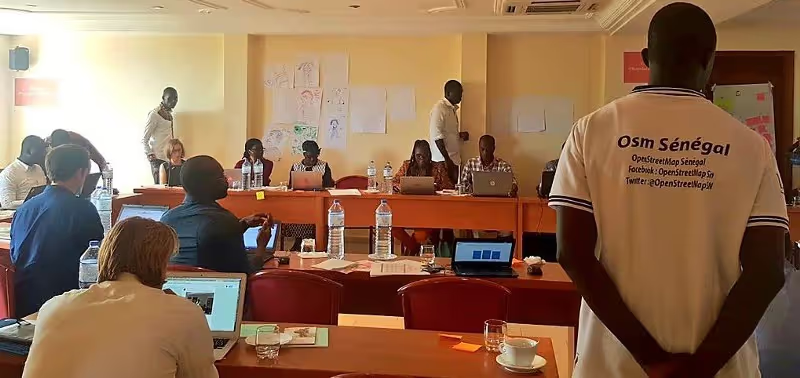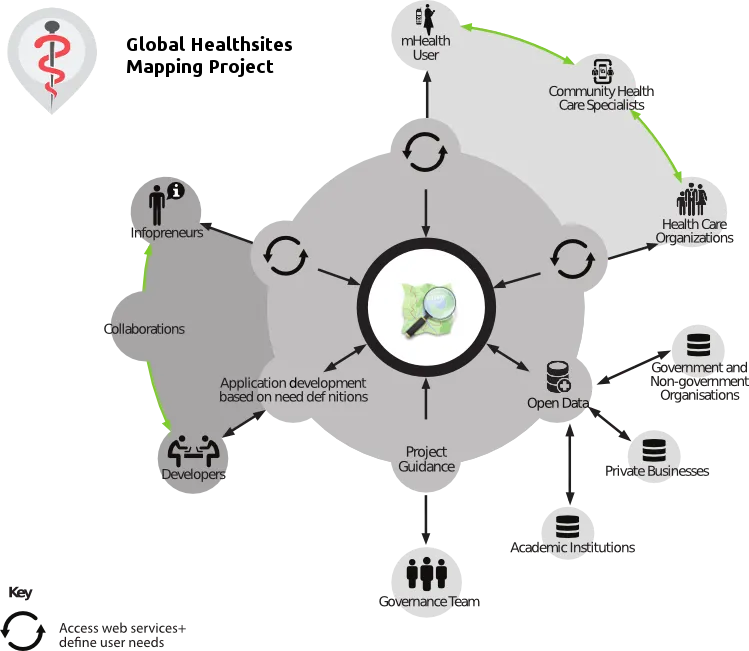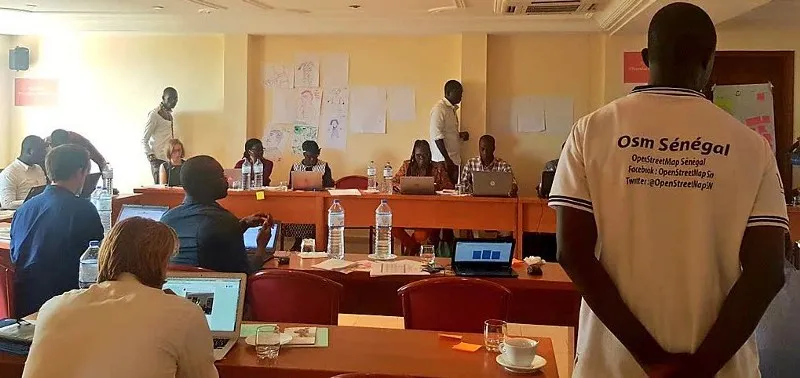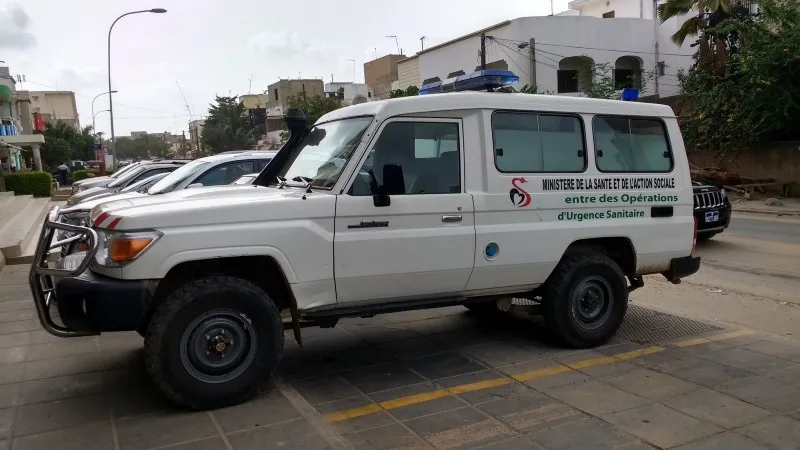Healthsites #datacollaboratives

Healthsites is building a global commons of health facility data by making OpenStreetMap useful to the medical community and humanitarian sector. This open data approach invites organisations to share health facility data and collaborate to establish an accessible global baseline of health facility data.
We are building a data life cycle with OpenStreetMap and supporting national health agencies and organisations to share and contribute data to OpenStreetMap.
Healthsites data is helping organisations to perform SDG 3.8.1 calculations and identify where to make investments in health infrastructure.
‘Coverage of essential health services defined as the average coverage of essential services based on tracer interventions that include reproductive, maternal, newborn and child health, infectious diseases, non-communicable diseases and service capacity and access, among the general and the most disadvantaged population’

Healthsites community is focused on three key things:
- Enabling national health agencies and organisations to share and contribute data to OpenStreetMap
- Enable collaboration between national health agencies and volunteer communities
- Connecting multiple data streams to build higher quality data
We make Freedom of Information requests to Ministries of Health and invite their collaboration in the maintenance of an open and accessible health facility list.
While Ministries of Health and organisations in the health cluster are interested in publishing open data, there are challenges associated with sharing this important data.
Having an Open Data Policy in place is an asset that supports the data sharing process and gives the Ministry of Health the opportunity to align it’s priorities and use cases. It gives the Healthsites Governance team a clear mandate and opportunity to think through the challenges faced by stakeholders.
In the absence of a well defined Open Data Policy our approach is to support long term data collaborations where the data is shared to OpenStreetMap.
Together with CartONG, one of our partner organisations, we are developing this ‘datacollaborative’ method in the Democratic Republic of the Congo and Senegal. This semi-formal, long term collaboration, brings together volunteer & technical communities (VTCs) and in particular OpenStreetMap, humanitarian and development organizations with the Ministry of health, National Statistics Offices, businesses, and other civil society organizations.

Together with Dr. Labaly Toure and students from Université Gaston Berger and SIG Santé community in Saint-Louis Senegal we plan to establish a cross functional team aligned on the same objectives and invested in the outcome of the work. We have established these relationships following a workshop that we were participated in together with the International Federation of Red Cross and Red Crescent Societies and Humanitarian Data Exchange.
In Senegal the Ministry of Health have shared their master facility list under an open data license following our Freedom of Information request. At present this list of health facilities does not include the definition of attributes such as the number of Doctors, Nurses, hospital beds or vital services such as isolation rooms, ICU beds or ventilators. These are the vital attributes that decision makers needs to have visibility on in order to address our use cases.

Our primary use cases are:
Support for disaster response: Accurate and up-to-date data provides the basic data that helps drive activities like service availability planning, monitoring and evaluation, and disaster risk preparedness.
Support for immunisation programs: Knowledge of the location of health care providers is important for national planning.
Epidemic Preparedness: Accurate healthcare facility data is vital to respond to outbreaks, prepare for the importation of cases, and to make decisions regarding resource allocation.
Together with the International Society for Infectious Diseases, Imperial College London and Healthmap, Healthsites is Mapping the Risk of International Infectious Disease Spread (MRIIDS) in West Africa. The project is being piloted in Senegal and Sierra Leone and funded through the USAID Grand Challenge.
With support from the Humanitarian Data Exchange Lab in Dakar we have published 61 Health facility datasets on the Humanitarian Data Exchange.
‘These datasets are among the most popular on HDX. We have received positive feedback on the usefulness of this data from humanitarian responders working on the Cholera response in the DRC.’
“The data I got from HDX was very useful. It allowed me to quickly map Cholera cases. It was also helpful to get the localization of health sites so I could prepare my field data collection.” - Franck Alé, Médecins Sans Frontières (MSF)
In summary we are focused on establishing #datacollaboratives with organisations in the health cluster and supporting the civic co-management of public health infrastructure.
Stay updated
Sign up for our newsletter to receive regular updates on resources, news, and insights like this. Don’t miss out on important information that can help you stay informed and engaged.
Explore Elrha
Learn more about our mission, the organisations we support, and the resources we provide to drive research and innovation in humanitarian response.


.png)